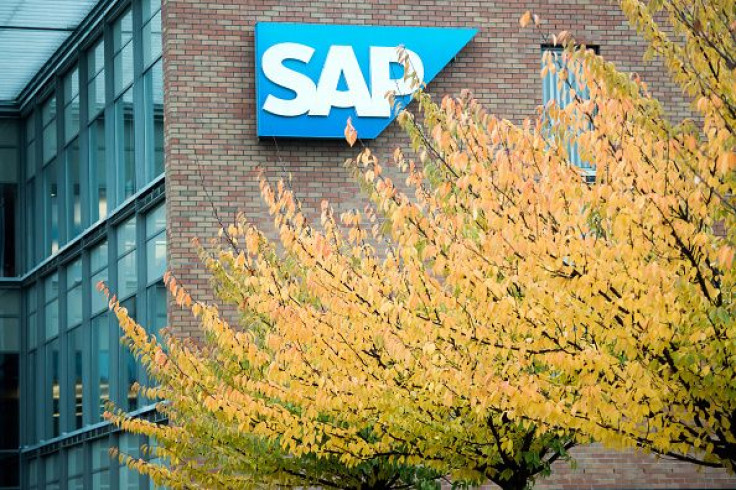SAP Raises 2017 Outlook For Profit, Revenue As Cloud Business Growth Quickens

German software maker SAP SE raised its sales and profit outlook for the next year as uptake for its cloud services more than doubled in 2015. The company announced Friday that it now expects its 2017 revenue in the range of 23 billion euros ($24.91 billion) and 23.5 billion euros ($25.45 billion) as it looks to shift from a software firm to an internet-based supplier of services.
Touting the company’s success at doubling clients to adopt its cloud-based platform called “S4/HANA” by the end of the fourth quarter, CEO Bill McDermott said in a statement that the uptake “gives shareholders tremendous belief in the progress we have made in the cloud.”
“The predictability of our company has also changed dramatically,” he added.
SAP said that operating profit, adjusted for some items, will be between 6.7 billion euros ($7.26 billion) and 7 billion euros ($7.59 billion) in 2017, up from its previous estimate of between 6.3 billion euros ($6.83 billion) and 7 billion euros ($7.59 billion).
Analysts polled by Reuters projected a profit of 6.9 billion euros ($7.48 billion), slightly above the midpoint of SAP’s guidance.
The new outlook forecast a profit margin of 29.5 percent, marginally lower than analysts’ expectations of a 30 percent profit margin and well below the historic 35 percent margin SAP enjoyed when it focused on selling packaged software.
Cloud-based software services are priced lower upfront and are thus comparatively less profitable in the short term, but SAP has said that it expects on-going subscription payments to bring in higher revenues, and eventually higher profits, over time.
"There is no structural reason why operating margins of our cloud business should not exceed those of our classical on-premise business," Chief Financial Officer Luka Mucic said on a conference call Friday, but emphasized this was unlikely to happen until after 2020.
Europe’s largest software maker had struck a cautious tone at its 2015 results presentation last week even as it said strong year-end renewals by existing software license customers fueled a better-than-expected result in 2015.
The Walldorf, Germany-based company’s stock fell 1.28 percent in early trade on the Euro Stoxx 50 index Friday.
© Copyright IBTimes 2024. All rights reserved.











